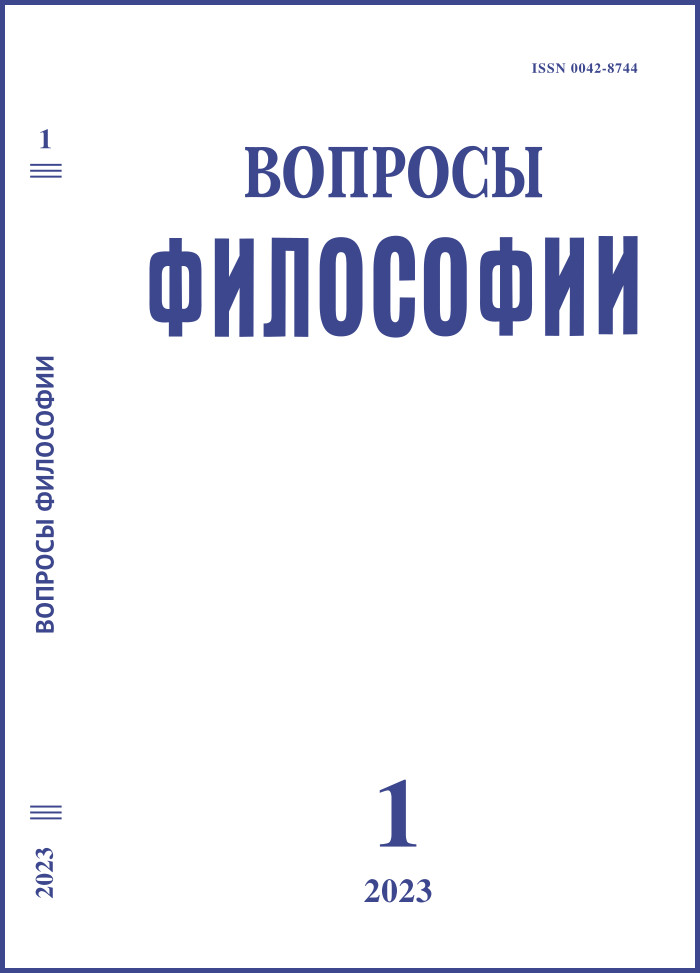“Cartesian Platonism” by Henry More and His Correspondence with Rene Descartes (1648–1649)
DOI:
https://doi.org/10.21146/0042-8744-2023-1-125-135Keywords:
Cambridge Platonists, Henry More, René Descartes, Neoplatonism, Cartesianism, Respublica literaria, Philosophy of the SpiritAbstract
The purpose of the article is to study the problem of Descartes’ early influence on the English philosophy of the 17th century. Henry More (1614–1687), a young Cambridge lecturer proved to become later the recognized head of the Cambridge Platonic School. He began teaching R. Descartes’ mechanical philosophy at Christ’s College in the mid 40s, and his views appeared to be among the earliest sources of the Cartesians’ spread in Britain. At this time, the main importance for clarifying the nature of More’s “Cartesianism” was his exchange of letters with Descartes. Unfortunately, the letters of the English philosopher are only partially known in Russian studies. The article introduces the reader to the historical circumstances of the formation of the Cambridge School and its scientific “Constellations”, the early evolution of H. More’s worldview towards Cartesianism and the emergence of contradictions, which More calls “difficulties in reading Descartes”. In this article, we examine the first of More’s letters to Descartes from a new angle, namely, in connection with More’s own theology of the late 40s – early 50s of the 17th century. The results of the study show the key idea of H. More’s philosophy that is an attempt to synthesize classical Neoplatonism and the philosophy of Descartes.

